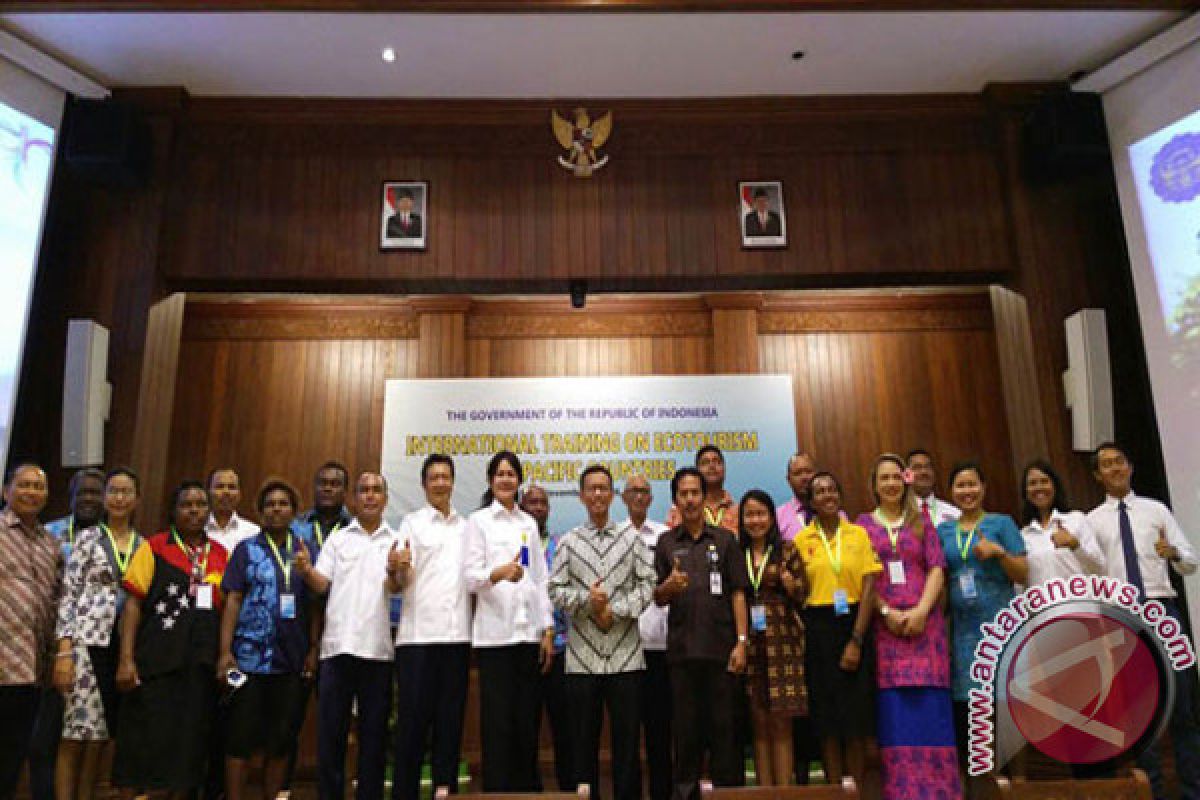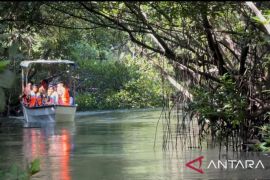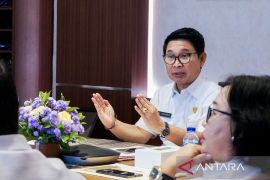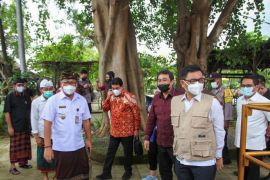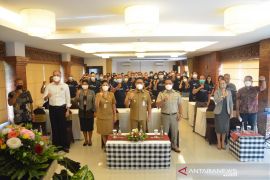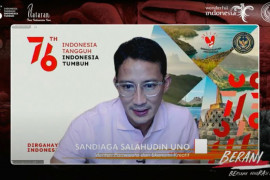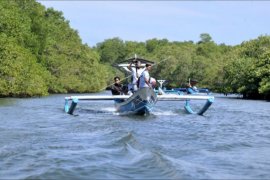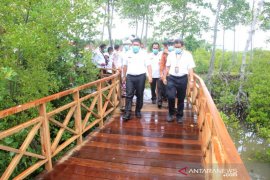Nusa Dua, Bali (Antara) - Representatives from Pacific countries have arrived in Bali to take a cue from the management of ecotourism in Indonesia in a training organized by the Ministry of Foreign Affairs and Bali Tourism Institute.
The international training on ecotourism for Pacific countries was officially inaugurated by Special Advisor to the Minister of Foreign Affairs on Management Wajid Fauzi here at the Bali Tourism Institute on Monday.
The training, being held in Bali on Nov 20-26, was part of the Indonesian government's efforts to boost cooperation with Pacific countries, Fauzi noted.
Pacific countries are Indonesia's strategic partners, as they are geographically close to Indonesia.
"Pacific countries, basically, face similar challenges and have opportunities in tourism management, especially in the field of ecotourism," Fauzi remarked.
Some 14 participants from Pacific countries, such as Tonga, Samoa, the Solomon Islands, Kiribati, Papua New Guinea, and Palau, along with four local participants, will for about a week learn about ecotourism management, share experiences and best practices, as well as visit some destinations in Bali, such as the Kuta Beach, Pengelipuran Village, Ubud, Pemuteran Village, Jatiluwih, and Tanah Lot.
Deputy Director of Academic Affairs of the Bali Tourism Institute Ni Made Eka Mahadewi underlined that ecotourism is travelling to natural areas without harming the environment and improving the well-being of the local people.
The Indonesian government is promoting ecotourism in the hopes of providing new ways to use resources more sustainably, protecting the biodiversity, and improving the community's living standards through alternative means of livelihood.
Alexandra Agnes Alveda Mauli, one of the participants from Samoa, expressed enthusiasm on attending the program, saying that her country and Indonesia shared several similarities in terms of the tourism potential.
"I can see that we share a lot of similarities. We have several beautiful beaches and waterfalls. We also have very strong and unique cultures, as well as the weather, which is very similar to that in Samoa," Mauli said.
Bali is one of the leading examples of ecotourism development in Indonesia.
One of the challenges for Bali and Indonesia is how to manage tourism and conserve the environment, so that it does not become mass tourism, Mauli emphasized.
Meanwhile, Mauli said accessibility was one of the main challenges for the development of tourism in Samoa, an archipelago in the middle of the Pacific Ocean, adding that it took some 24 hours for her to arrive from her home country in Bali.
"I would like to share information about our people and culture and the way we are promoting arts and tourism to the world," she said.
Meanwhile, Fauzi pointed out that the tourism business is not a zero-sum game in which one individual's gain is equivalent to another's loss.
Tourism sector is mutual, he affirmed.
"However, we should not forget to work hard to highlight the competitive advantages of each country," Fauzi said.
Compatible competitive advantages of countries will, thus, form shared competitive advantages of the region, especially in the Asia-Pacific region.
"It is a huge goal, and this training will at least provide a foundation in that direction," Fauzi said.
On completion of the training, the participants are also expected to share their experiences in Indonesia as well as promote the Indonesian tourism potential in their home countries. (*)


